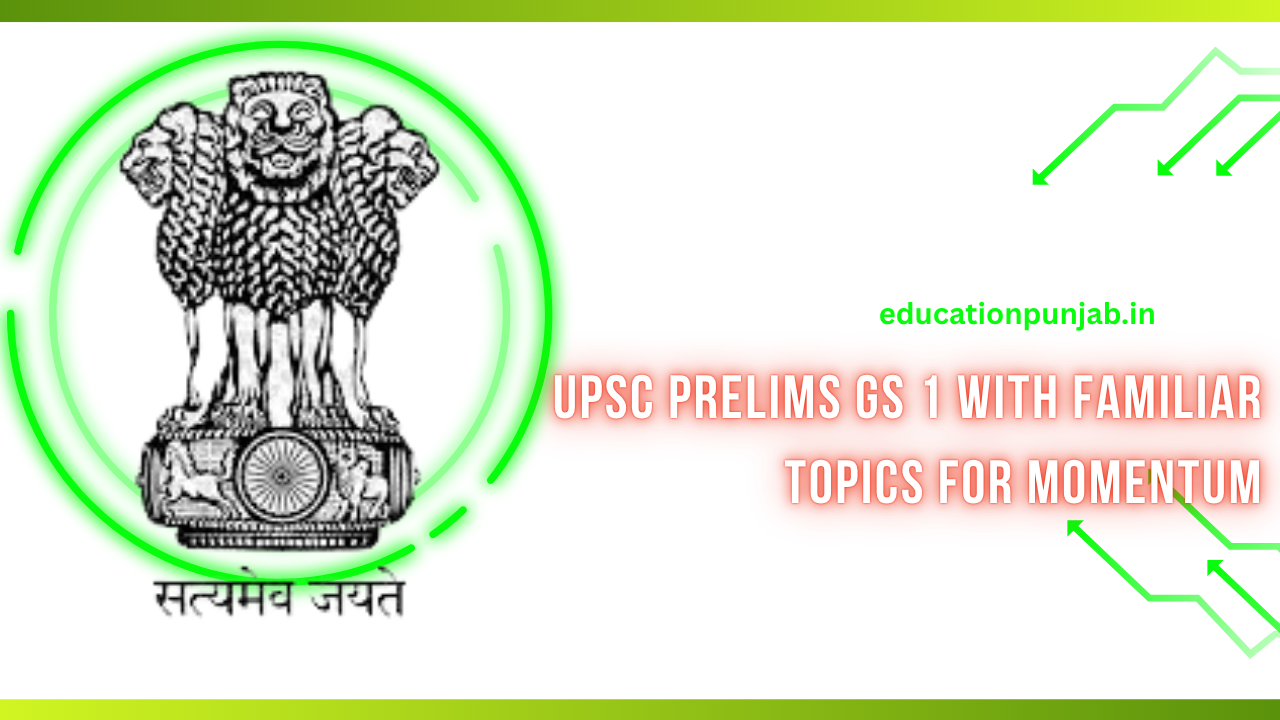
UPSC Prelims
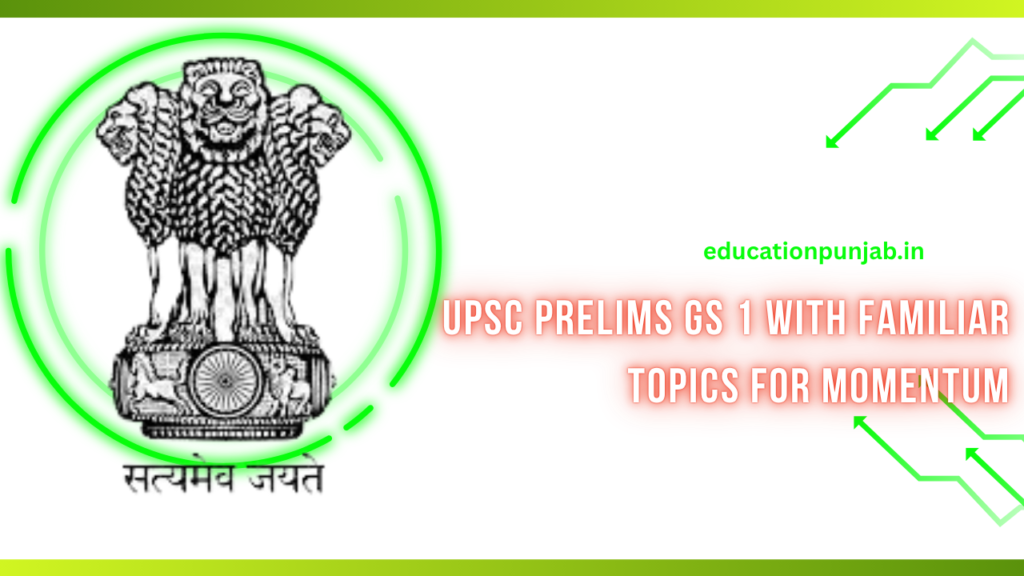
UPSC Prelims : The UPSC Civil Services Preliminary Examination, specifically General Studies Paper 1 (GS 1), is a critical first step for aspirants aiming to clear the highly competitive UPSC exam. With 100 multiple-choice questions covering a vast syllabus, including History, Geography, Polity, Economy, Environment, Science and Technology, and Current Affairs.
GS 1 can feel overwhelming. A proven strategy, recommended by toppers like Aakash Garg (AIR 5, UPSC CSE 2024), is to begin GS 1 with familiar topics to build momentum, boost confidence, and optimize performance. This SEO-optimized guide, inspired by insights from Vajiram & Ravi, explains how to implement this strategy effectively for UPSC Prelims 2025, scheduled for May 25, 2025.
Why Start GS 1 with Familiar Topics?
Starting with familiar topics in GS 1, a 200-mark paper with a two-hour duration, offers several advantages:
- Builds Confidence: Answering questions you’re comfortable with early on sets a positive tone, reducing exam anxiety.
- Improves Time Management: Familiar topics require less thinking time, allowing you to allocate more time to challenging questions later.
- Reduces Errors: Confidence minimizes second-guessing, helping you avoid mistakes in a paper with one-third negative marking.
- Creates Momentum: Early successes create a psychological boost, enhancing focus and decision-making for the rest of the exam.
This approach aligns with the advice of UPSC toppers who emphasize strategic question selection to maximize scores within the limited timeframe.
Identifying Your Familiar Topics
Familiar topics vary for each aspirant based on their background, preparation, and strengths. The GS 1 syllabus, as outlined by Vajiram & Ravi, includes:
- Current Events: National and international news.
- History: Ancient, Medieval, Modern, and Indian National Movement.
- Geography: Physical, Social, and Economic Geography of India and the World.
- Polity and Governance: Constitution, Political System, Panchayati Raj, Public Policy, Rights Issues.
- Economy: Economic and Social Development, Sustainable Development, Poverty, Inclusion.
- Environment: Biodiversity, Climate Change, Conservation.
- Science and Technology: General science, recent advancements in AI, biotechnology, and space.
To identify your strengths:
- Assess Your Preparation: Review your performance in mock tests or past papers to pinpoint topics where you consistently score well.
- Leverage Your Background: Graduates in political science or law may find Polity easier, while science students may excel in Science and Technology.
- Focus on High-Yield Topics: Based on UPSC Prelims 2025 trends, Polity and Economy had significant weightage, making them common strengths for well-prepared candidates.
Vajiram & Ravi’s PowerUp Prelims Test Series provides topic-wise performance analytics, helping you identify strong areas like Polity or Current Affairs.
How to Start GS 1 with Familiar Topics
1. Scan the Question Paper Strategically
Upon receiving the GS 1 question paper, spend the first 1–2 minutes scanning it to locate questions from your strongest topics. For example:
- If Polity is your strength, look for questions on the Constitution, Fundamental Rights, or recent governance policies.
- If Current Affairs is your forte, identify questions linked to recent news (e.g., government schemes, international summits).
Use the question booklet’s structure to your advantage, as UPSC often groups questions by subject.
2. Prioritize High-Confidence Questions
Begin answering questions you’re certain about. For instance:
- Polity Example: A question on the powers of the President or recent amendments to the Constitution.
- Economy Example: Questions on GDP, inflation, or schemes like PM-KISAN.
- History Example: Well-known events like the Dandi Salt March or key figures in the Indian National Movement.
This approach ensures you secure marks early, creating a buffer for tackling tougher questions later.
3. Manage Time Effectively
Allocate roughly 1–1.2 minutes per question (120 minutes for 100 questions). Starting with familiar topics allows you to answer quickly, saving time for analytical or unfamiliar questions. For example:
- Spend 30–40 minutes on your strongest 30–40 questions.
- Reserve the remaining time for revisiting skipped questions or those requiring deeper analysis.
4. Avoid Overthinking
Familiar topics reduce the temptation to overthink or second-guess answers, a common pitfall given the negative marking (one-third of a mark per wrong answer). Trust your preparation and move forward confidently.
5. Practice with Mock Tests
Simulate this strategy during practice using Vajiram & Ravi’s PowerUp Prelims Test Series 2025. Their mock tests mirror the UPSC format, helping you:
- Practice scanning for familiar topics under time pressure.
- Build speed and accuracy in your strong areas.
- Receive AI-generated feedback to refine your approach.
The free All India Mock Test on May 4, 2025, offered in online and offline modes at Delhi and Chennai centers, is an excellent opportunity to test this strategy.
Recommended Familiar Topics for UPSC Prelims 2025
Based on recent trends and Vajiram & Ravi’s analysis of the 2025 Prelims, the following topics are often high-yield and accessible for most aspirants:
- Polity: Constitutional articles, Fundamental Rights, Directive Principles, recent Supreme Court judgments, and government schemes (e.g., Ayushman Bharat).
- Current Affairs: Major national and international events from the past year, covered in The Hindu, The Indian Express, or Vajiram & Ravi’s The Recitals magazine.
- Economy: Basic concepts like inflation, fiscal policy, and key schemes like MGNREGA or Atmanirbhar Bharat.
- History: Indian National Movement (e.g., Non-Cooperation Movement, Quit India Movement) and major dynasties like Mauryas and Guptas.
- Geography: Indian physical geography (e.g., rivers, climate) and map-based questions.
These topics are frequently tested and can be mastered with resources like Indian Polity by M. Laxmikanth, NCERTs, and Vajiram & Ravi’s QUEST Notes.
Topper Tips for Building Momentum for UPSC Prelims
Aakash Garg (AIR 5, 2024) and other toppers suggest:
- Start with Polity or Current Affairs: These sections often have straightforward questions, ideal for quick wins.
- Mark and Skip: If a question seems time-consuming, mark it for review and move to the next familiar topic.
- Stay Calm: Early success in familiar topics helps maintain composure, reducing errors in later sections.
- Practice Sequencing: Use mock tests to practice starting with your strongest subjects, as recommended by Vajiram & Ravi’s faculty.
Additional Tips for UPSC Prelims GS 1 Success
- Use Trusted Resources: Study Vajiram & Ravi’s Yellow Books, QUEST Notes, and Prelims Pointers for concise, exam-focused content.
- Solve Past Papers: Analyze topic-wise questions from 2013–2023, available on vajiramandravi.com, to identify recurring patterns.
- Revise Regularly: Revisit familiar topics weekly to maintain confidence and retention.
- Join a Test Series: Enroll in Vajiram & Ravi’s PowerUp Prelims Test Series to practice this strategy and receive detailed feedback.
Exam Day Strategy
follow these steps for UPSC Prelims GS 1:
- Arrive Early: Reach the exam center (details on your UPSC Admit Card, downloadable printed admit card and valid photo ID.
- Scan First: Spend the initial minutes identifying questions from familiar topics like Polity or Current Affairs.
- Answer Strategically: Tackle high-confidence questions first, then revisit marked ones.
- Stay Focused: Avoid discussing the paper during the break before CSAT to maintain momentum.
Why This Strategy Works
Starting UPSC Prelims GS 1 with Familiar Topics for Momentum GS 1 with familiar topics leverages your preparation strengths, ensuring a strong start that carries you through the paper.
Vajiram & Ravi’s analysis of the 2025 UPSC Prelims highlights that candidates who strategically prioritized familiar topics scored above the expected cut-off.
This approach, combined with rigorous practice and quality resources, aligns with the success of toppers like Shakti Dubey (AIR 1, 2025).
Conclusion
Beginning UPSC Prelims GS 1 with familiar topics is a game-changer for building momentum and maximizing scores. By identifying your strengths, practicing with mock tests, and using reliable resources like Vajiram & Ravi’s QUEST Notes and PowerUp Test Series, you can approach the exam with confidence. Start your preparation early, refine your strategy, and leverage this topper-recommended technique to excel from more guidance, explore vajiramandravi.com or upsc.gov.in.

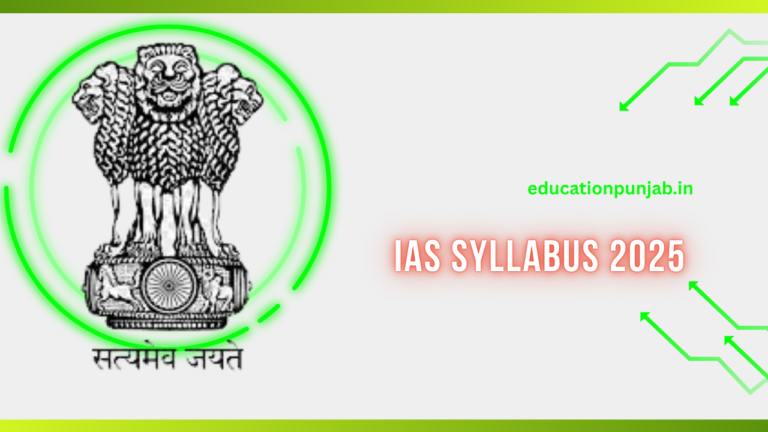
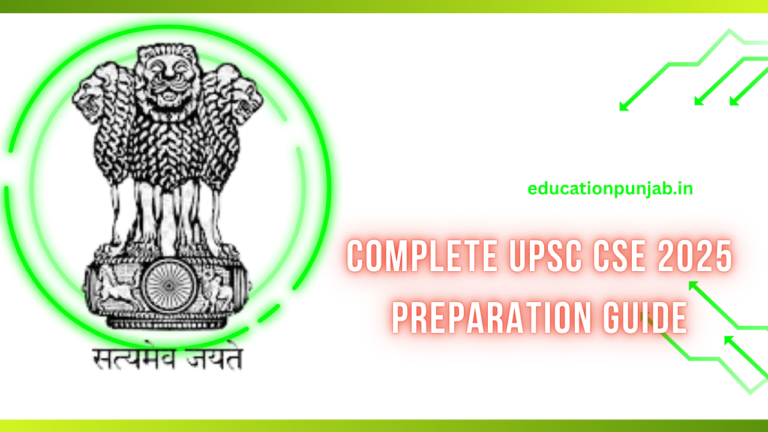
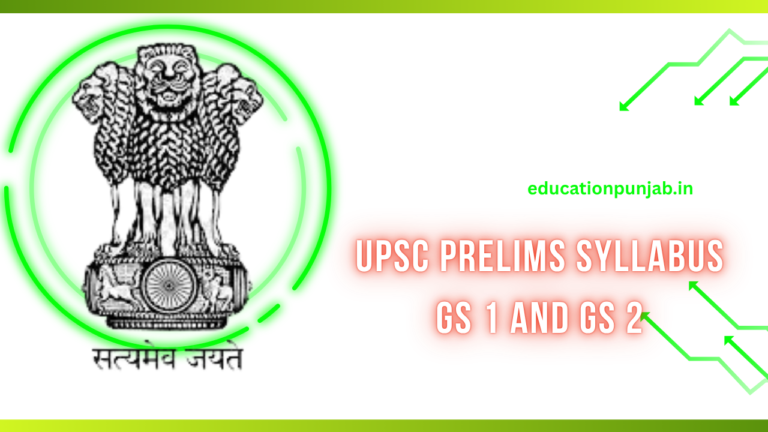



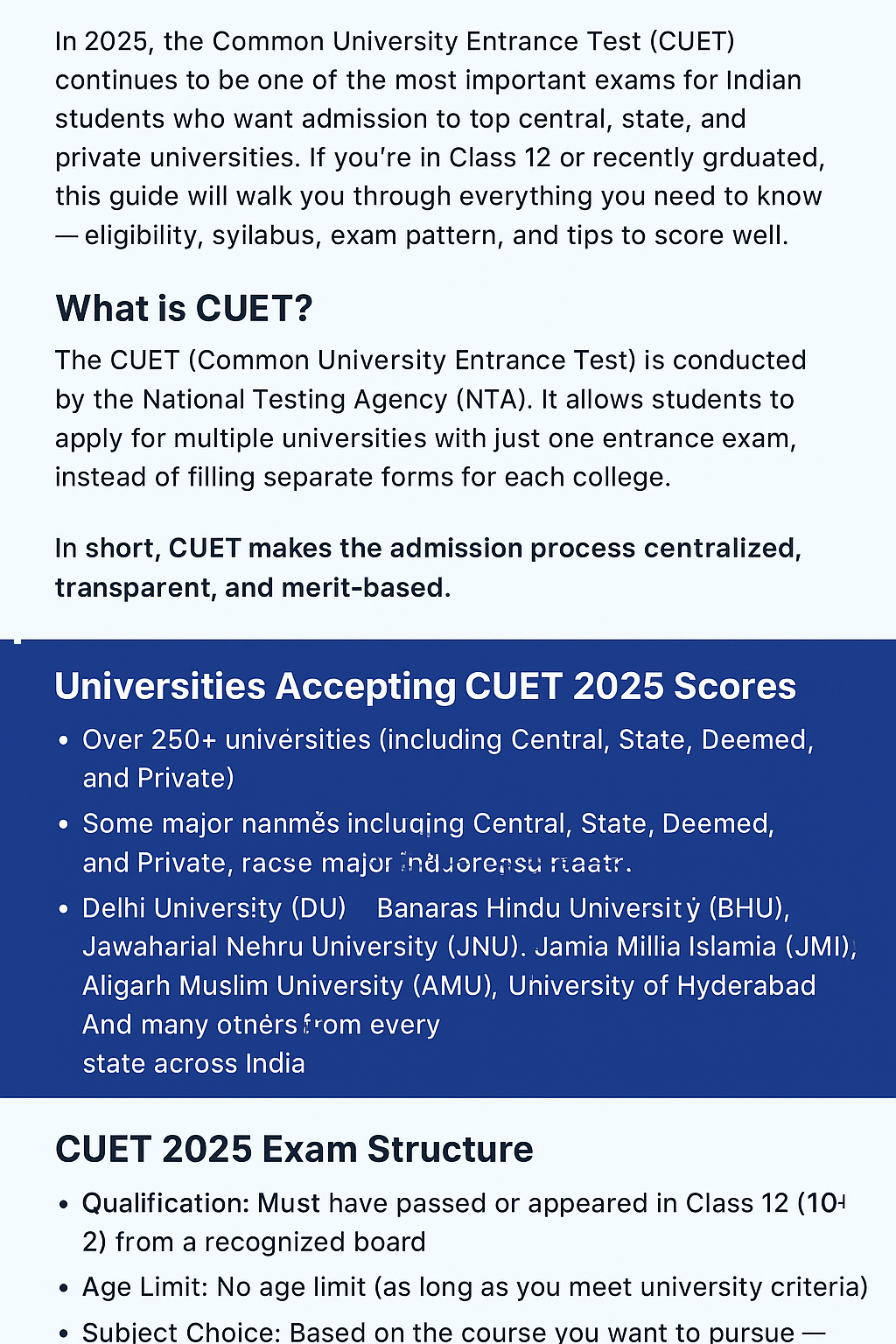
1 thought on “Guide to Starting UPSC Prelims GS 1 with Familiar Topics for Momentum”
Comments are closed.